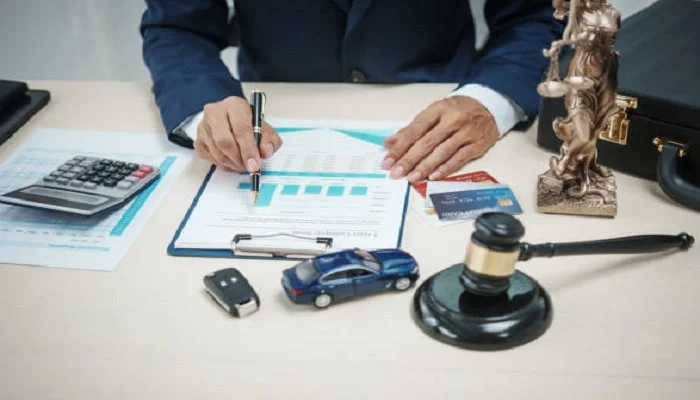Lemon laws protect consumers from unknowingly purchasing defective vehicles, ensuring fairness in auto transactions. They require manufacturers to repair, replace, or refund vehicles that fail to meet quality standards, leveling the playing field and providing a clear legal pathway for dispute resolution.
What Are Lemon Laws?
Lemon laws are a set of statutes developed to protect consumers who purchase vehicles that turn out to have significant, recurring defects—commonly referred to as “lemons.” These laws require auto manufacturers to repair, replace, or refund purchase costs for vehicles that do not meet reasonable standards for quality and safety. If you are struggling with a problematic car, consulting a lemon law attorney Orlando can help you navigate the legal complexities and increase your chances of a successful outcome.
These legal protections were established in response to repeated consumer grievances about vehicles that failed to function as expected, even after multiple repair attempts. Through lemon laws, consumers are no longer left at the mercy of auto manufacturers—they are empowered with a formal path to seek recourse and ensure that their significant financial investments are protected.
Who Is Protected by Lemon Laws?
Lemon laws typically cover buyers of new vehicles that are still under the manufacturer’s original warranty. However, some states recognize the growing used car market and extend similar protections to certain pre-owned vehicles. For example, Minnesota’s recent legislative update grants lemon law protection for used cars that meet specific criteria, such as being under 100,000 miles and less than eight years old, and mandates a 30-day warranty for buyers.
Each state sets its provisions regarding which vehicles are covered, what is a substantial defect, and the required number of repair attempts before a car qualifies as a “lemon.” Most laws focus on defects that impair the vehicle’s use, value, or safety, such as persistent brake failures, electrical problems, or transmission malfunctions.
Recent Updates and State Differences
The lemon law enforcement landscape keeps changing. In California, Assembly Bill 1755, signed into law in 2024, added new procedures to speed dispute resolution. While some believe these reforms will ease court backlogs and help consumers, others worry that reduced claim windows and extra requirements might weaken protections. This shows the need to know your state’s specific lemon law. For example, Florida has strong statutes, while others may have stricter or broader limits. Keeping detailed records of repairs and communication is essential. Staying informed about legislative changes is vital for consumers to protect their rights.
How to File a Lemon Law Claim
Document every repair attempt and communication with the manufacturer or dealer to file a lemon law claim. Understand state deadlines and consult with an expert or check state guidelines. Seek legal guidance from experienced professionals to ensure paperwork and deadlines are met and maximize chances for a favorable resolution.
Federal Protections and Additional Resources
Beyond state laws, federal legislation like the Magnuson-Moss Warranty Act further strengthens consumer rights nationwide. This act guarantees that warranties on consumer products—including vehicles—are honored and that consumers have avenues for legal recourse when manufacturers fail to deliver as promised. These federal stipulations can often serve as a backstop for those whose claims may not be fully covered by state law.
Additional resources, such as the Federal Trade Commission’s guide on auto warranties and auto service contracts, provide accessible information about consumer rights, warranty coverage, and complaint processes for buyers facing difficulties.
Conclusion
Lemon laws are crucial safeguards for consumers, holding manufacturers accountable and promoting fairness in auto purchases. By understanding the specifics of these laws—both state and federal—vehicle owners are better prepared to protect their investment and seek redress if things go wrong. Ongoing awareness, careful documentation, and professional guidance will help ensure that consumer protections remain strong in the evolving automotive market.
Pedrovazpaulo Executive Coaching: Unlocking Potential with Its Power



Comments